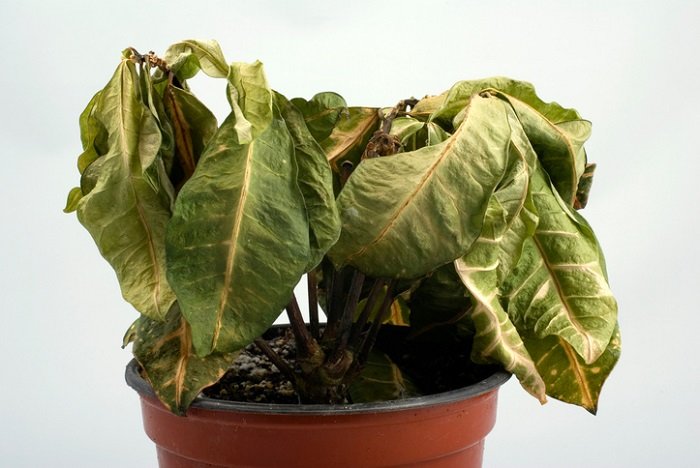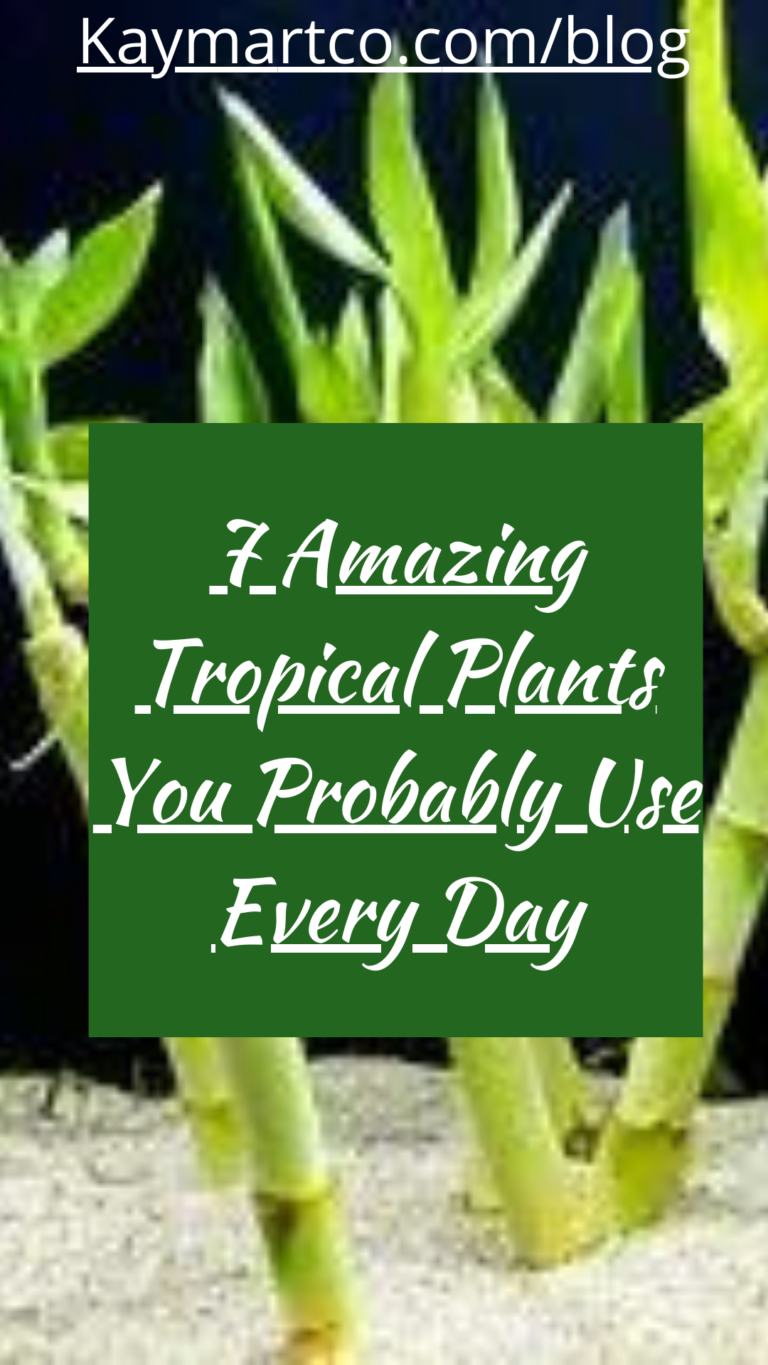5 Proven Reasons Your Container Garden Might Need A Snack
Table of contents
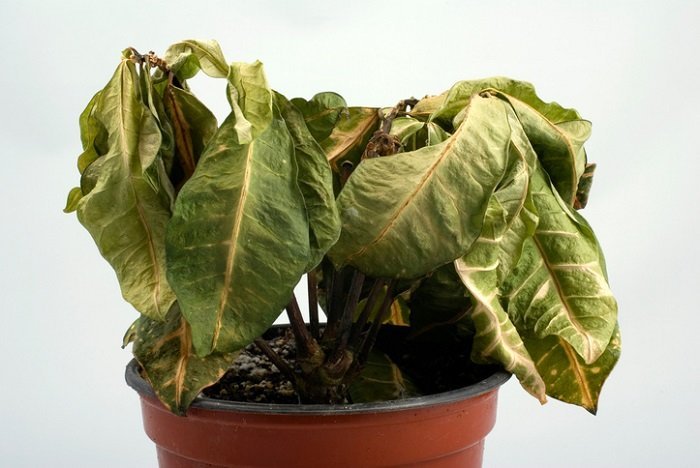
Does your container garden look famished? I finished my long run yesterday and I was really hungry. Luckily, I didn’t grab junk food. For humans, eating healthy food is a great way to supercharge workouts but, what about your plants? If you are hungry after a workout, your plants might be feel hungry too when they’re trying to flower. Read on to find out the 5 reasons your container garden might need a snack. Plus some good ways to give them the nutrients they need.
A Growing Container Garden Needs Nutrients
Reason #1: After you eat breakfast, you probably do some activity or work. In contrast, you probably lovingly put your baby seedlings in their beds, give them compost or fertilizers to get them started, then forget about them. You might see a good spurt of growth in your container garden over the next few weeks but, do you head to the cupboard for your plants? They need a good “lunch” too! Make sure you don’t forget to top dress nutrients as the plants continue to grow.
Nutrients Wash Away Over Time
Reason #2: As the spring rains or the sprinkler system, waters your plants, some of these valuable nutrients are washed away in the soil or carried so deep that those young roots just can’t reach the nutrients they need; just like toddlers can’t reach their own snacks in the cabinets. Therefore, don’t forget to give your plants an extra scoop of compost after heavy spring rains.

Budding Container Garden Plants Require Energy
Reason #3: As your plants mature, and start to flower, they require additional energy which could reduce yields (of veggies or blooms), if the plants do not have the proper nutrients. Once you see plants starting to produce flower pods, sprinkle fertilizer or compost in the rows, or in a circle around the plants. Some container garden plants, like tomatoes, need continual feeding. Plants, like corn, urgently need it before corn ears appear since this critical feeding will determine the size of the resulting ears.
Soil Ph Determines Whether Plants Can Use Nutrients
Reason #4
To photosynthesize sunlight, carbon dioxide, and water into fuel for the plant, the Ph level of the soil must be optimal for your container garden. By investing in a Ph meter, you can save yourself a lot of headaches trying to determine why your plants are not growing. You can find out about Ph in my blog post here. To find the Ph requirements of plants in your garden, you can check Mississippi State University’s website here to find out the Ph level of many common garden plants.
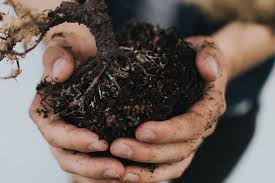
Feed Your Container Garden With Compost & Fertilizer
Reason #5: Some people don’t know the proper nutrition for their plants. If your tomatoes need nitrogen, but you keep feeding them compost lacking in nitrogen, then the container garden might feel like you do when you don’t get the vitamins you need; run down, lethargic, and unproductive.
Give Your Container Garden Some Compost
One way you can be sure of giving your plants a healthy snack, is to provide your plants with compost that is loaded with plant nutrition. (Think salad power bowls!) To create a great super compost salad, you need to start with basic compost which consists of layered brown ingredients (dead leaves, twigs, paper), green items (fresh grass clippings or other bright green cuttings like clover or pea vines), some manure (cow, rabbit, horse – any animal that is vegetarian), and enough water to make the layers spongy.
My Secret Ingredients
Now for the secret ingredient, (Think of the protein powder you add to your banana milkshake after that workout!) add a little lime or egg shells which adds calcium, bone meal which adds calcium and phosphorus, blood meal which adds iron, magnesium and nitrogen, and fruit (especially bananas) and veggies to the compost which adds potassium. Many of these items can be added from kitchen scraps into your garden.
Blood & Bone Meal For Your Container Garden
I raise Black Soldier Flies for the larva they produce as chicken feed but, in their own composter, the larva break down kitchen scraps like bones and meat (blood) along with spoiled fruit and veggies. The “tea” that is made and collected from the Black Soldier Fly composter is then poured over my compost as added liquid which includes the blood, bone, and other nutrients. But, not everyone wants to raise fly larva, even if they raise free-range chickens; so, you can purchase the bone and blood meal from Nature Hills’s Nursery. Here’s the link to Fox Farm Bone Meal. Definitely throw your vegetable and fruit scraps on the compost pile.
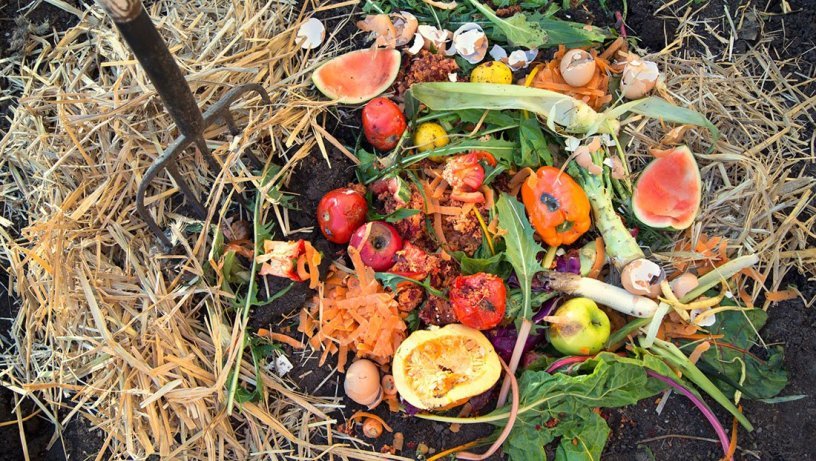
Once “cooked”, or in other words, once the compost pile has cooled down – microbial action causes the pile to heat up which lets you know it’s working – the cool compost can be used around plants to feed the extra nutrients they need. It is hard to over feed nutrients in good compost, but compost is like those cookies that you don’t want to eat too fast, so a garden scoop of compost around the plant, with the circle ever widening as the plant matures, is a good rule of thumb. Adding compost every day, only wastes good compost, since the plants will not take up more than they need.

Conclusion
So just like a protein shake after a long run, good nutrition for your container garden, is important for good growth, production, and repair. In addition, feeding your plants will keep them satisfied and healthy so they are able to better fight off any stresses, like bug infestations, or those days you forget to water, or when the sun is too hot. Let me know how you create the best compost mix and if you have any additional suggestions. Please Share this page to your gardening friends. Thank you! Kay
@Suzanne Goodfellow 2020

